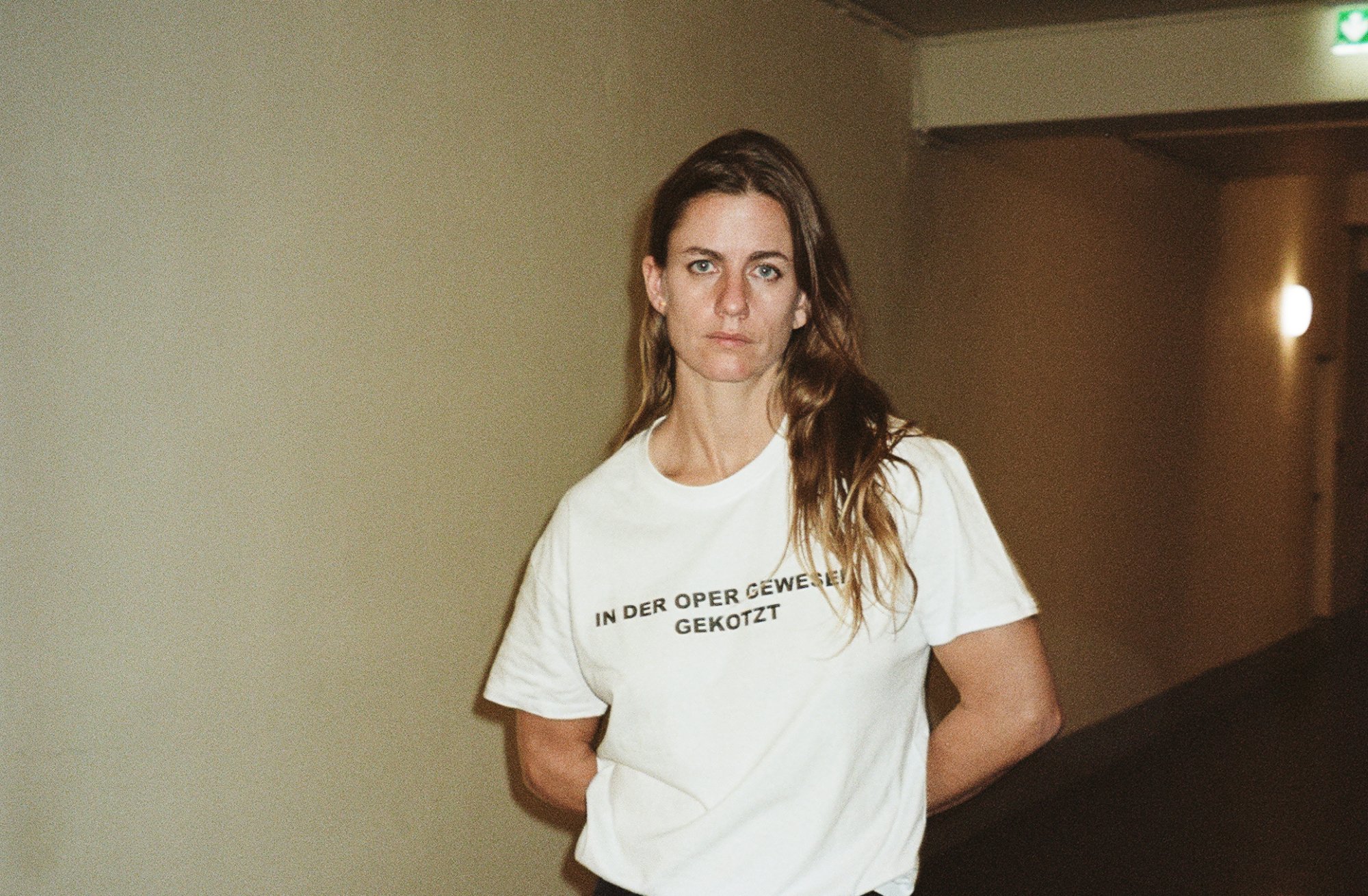
Austria has announced that it will be represented by performance artist Florentina Holzinger at the next Venice Biennale in 2026. The artist is known for her surprising and subversive twists on traditional art forms like opera and classical ballet, often with a dark, feminist undertone. Her most recent work, a remake of a scandalous 1921 opera about a nun discovering her sexuality, reportedly caused some audience members to be treated for shock and nausea.
The Venice exhibition will be curated by Nora-Swantje Almes, curator of the live program and outreach at the Gropius Bau in Berlin.
“Whether on stage, in galleries, or in public spaces, the essence of my work lies in the uncompromising use of the body as a medium,” Holzinger said in a press statement. “The body becomes the stage where social and political conditions and processes are negotiated directly. My work takes an unconventional and boundary-pushing approach to examining our reality and its transformation.”
From what has so far been revealed about Holzinger’s plans for the 61st Venice Biennale, we know that the project’s working title is “Seaworld Venice” and that, as well as the installation in Austria’s pavilion in the Giardini, there will be additional site-specific actions in the city. This latter element will be part of her ongoing “Études” series of live experimental performances in public spaces. In 2024, for example, Holzinger staged Harbour Etude at Bergen Kunsthall in Norway, which featured several naked female performers dancing and creating music while other clothed performers set themselves on fire.
“In Venice, a city caught in a profound and precarious relationship with water, my ongoing fascination with this element will take on new dimensions,” Holzinger teased about what she has planned for the Biennale. “Here, the body will play a central role in exploring the interdependence and interplay between nature and technology.”
Born in Vienna in 1986, Holzinger is known for performances that test the limits of what her audience can handle. Last fall, it was reported that 18 audience members required medical treatment for nausea and shock after seeing her production Sancta, a remake of the blasphemous 1921 opera Sancta Susanna, at the Stuttgart Opera in Germany. The performance featured explicit and violent sex scenes, real injuries and blood, nail-biting stunts, and abundant nudity.
Holzinger has also made headlines in recent years for Ophelia’s Got Talent, which features female mythological characters like mermaids, sirens, and the titular Shakespearean character all competing in a perverse talent show. The work, which upends societal pressures on women and the degradations they entail, comes with a list of potential triggers, including needles, self-injurious acts, blood, and strobe lights.
At a press conference announcing her participation at Venice, Holzinger said she had no qualms about representing Austria internationally at at time when it may be led by the far-right, populist Freedom Party for Austria (FPÖ). “I see great responsibility and potential in a situation like this,” she said. “In my work, I prefer to seek conversation and confrontation rather than running away. That’s why it’s important and relevant to take a stand.”
“Holzinger’s works explore boundaries, people are certainly challenged because it sometimes seems radical to some,” said Austria’s culture minister Werner Kogler. “But it’s less about provocation per se, but about us becoming more open and free as a society. We may need this kind of art even more urgently in the coming years than we have done so far.”
Holzinger’s was one of 54 proposals for the Austria pavilion. The jury that selected her said they were impressed by the pertinence of the themes addressed in her work, citing “dealing with water as a resource” and “existential physical experiences and their social standardisation.” As is typical of Holzinger’s practice, the exhibition in Venice will be produced with a team of musicians, performers, and stuntpeople.
The jury added that the intentionally provocative and socio-critical elements of Holzinger’s practice connect it to the legacies of feminist body art as well as Viennese Actionism, a highly controversial and transgressive art movement that emerged in the 1960s. Flagrantly grotesque, taboo-breaking performances by male artists like Hermann Nitsch, Otto Mühl, and Günter Brus landed the artists in jail for violating decency laws.